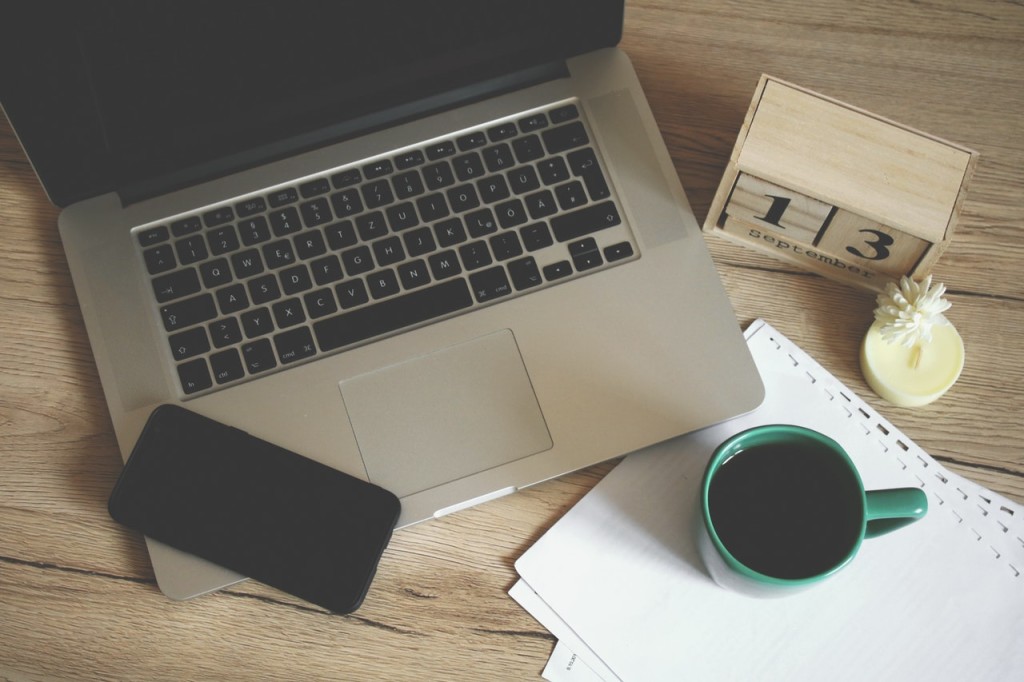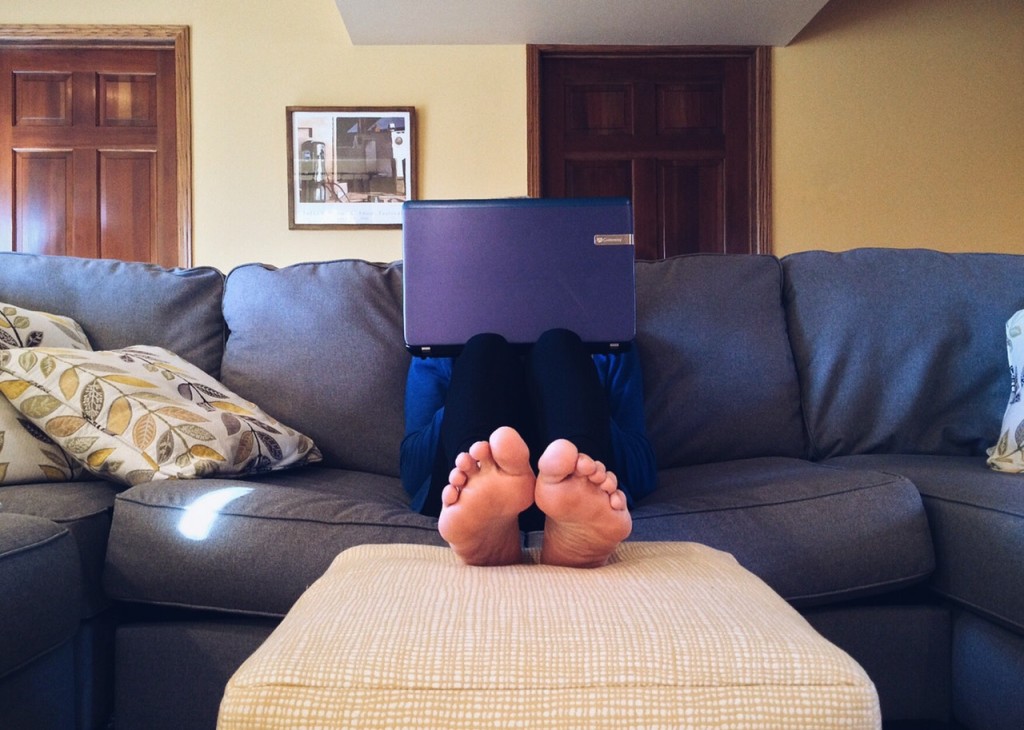A good work ethic is one thing, but working too much is, ironically, less productive. But, America is notorious for having a poor work-life balance — in 2016, there were a staggering 662 million vacation days left unused by American workers, a third of which were effectively forfeited as they could not be rolled over or paid out. These precious vacation days left unused effectively mean workers donated an average of $604 in work time to their employer. $604 work of working for free, per person!
Sadly, this attitude towards working long hours is taking its toll. According to Mental Health America, more than one in four Americans claim to be ‘super-stressed’. When stress rises, productivity plummets along with our immune system. In fact, the website notes that stress can actually double the risk of a heart attack.
A global issue?
Are Americans particularly poor at balancing their work and home life, or is it a universal problem? Well, it turns out the United States are actually pretty bad at achieving a work-life balance on a global scale. In fact, the United States ranked in the bottom 10 countries when it came to a good work-life balance.
To compare, employees in Belgium have an average of 8.6 hours of free time per day, and the Netherlands enjoy a nice working week of just 30.3 hours! Spain is famous for its midday siestas, but it’s not the only country that encourages multiple breaks through the day to help with restoration and productivity.
While Americans take an average of just 16.8 days off a year, Spanish workers have a holiday allowance of 30 days! And, perhaps most shockingly to American workers who are nearly always connected to the office through laptops and phones, France actually have a law that states workers have the right to disconnect from work emails and communications after office hours. This could be key to America’s current working mindset problem, with 46 per cent of women and 40 per cent of men saying they avoid taking time off out of concerns of returning to a mountain of work. Instead, they stay connected to their workplace even when they have headed home for the night — taking their work home with them anyway makes vacation time look pointless.
Why are we so scared to relax?
Many of us have developed the feeling that taking time off work is a sign of weakness. For example, 59 per cent of millennials have said they feel ‘vacation shamed’ when using their paid time off, and 47 per cent felt they needed to justify the use of their time off to their boss.
Project Time Off reported that 26 per cent of American employees in general say that they are afraid to use their vacation days in case it makes them look ‘less dedicated’, and 23 per cent did not want to look ‘replaceable’. 21 per cent admitted that they were concerned that taking time off would make them look less eligible for promotion or a raise.
Despite this, 82 per cent of employers agree that time off helps with the health of their employees, 81 per cent agree it helps stave off burnout, and 78 per cent believe it actually benefits the company as employees return happier and with more focus. In fact, many employers will not offer any more opportunities to work martyrs than any other employee — they put value in an employee that is productive and willing to put the long hours in when needed yes, but not to the point of burning out or overworking.
How can we improve and be healthier for it?
Sure, employees can’t just get up and head out for an hour-long coffee break. But there are certainly ways to manage a better work-life balance that will benefit both you and your company.
As mentioned, employers are perfectly aware of the benefits of a good break for their employees, for productivity and enthusiasm. There are studies that prove regular breaks can improve productivity, which every good employer will be happy to see! Instead of taking an hour break, you could ask to split this into half an hour for lunch, and two 15-minute breaks to recharge and rest your eyes away from screens for a moment. Fresh air is a great rejuvenator between work tasks!
Also, resisting the temptation to look at your work emails after work might be hard at first, but it can be extremely beneficial. Mixing your home and work life is never a good idea, right? If you really do need to check, limit yourself to a 10-minute slot in the evening to have a look over your emails. There’s no point working what is essentially unpaid overtime by spending an hour on your emails on an evening at home and really, is it something that can’t be addressed in the office tomorrow? Log out and relax.
Finally, be sure to make use of your vacation days. They are offered for good reason, and you should not feel bad about taking them. Whether it’s to spend some time with your family, to travel away on holiday, or just to take a day to sit on the couch in your pyjamas eating cookies and binge-watching Netflix. You don’t have to have a reason to use your vacation days other than, well, they are yours to take!
It’s definitely time for a change in attitude towards taking vacation days in the American workplace. Start by getting a hold of your work-life balance today and see how much your work actually improves for it!
This article was researched and created by CT Shirts, a leading retailer of men’s shirts.








